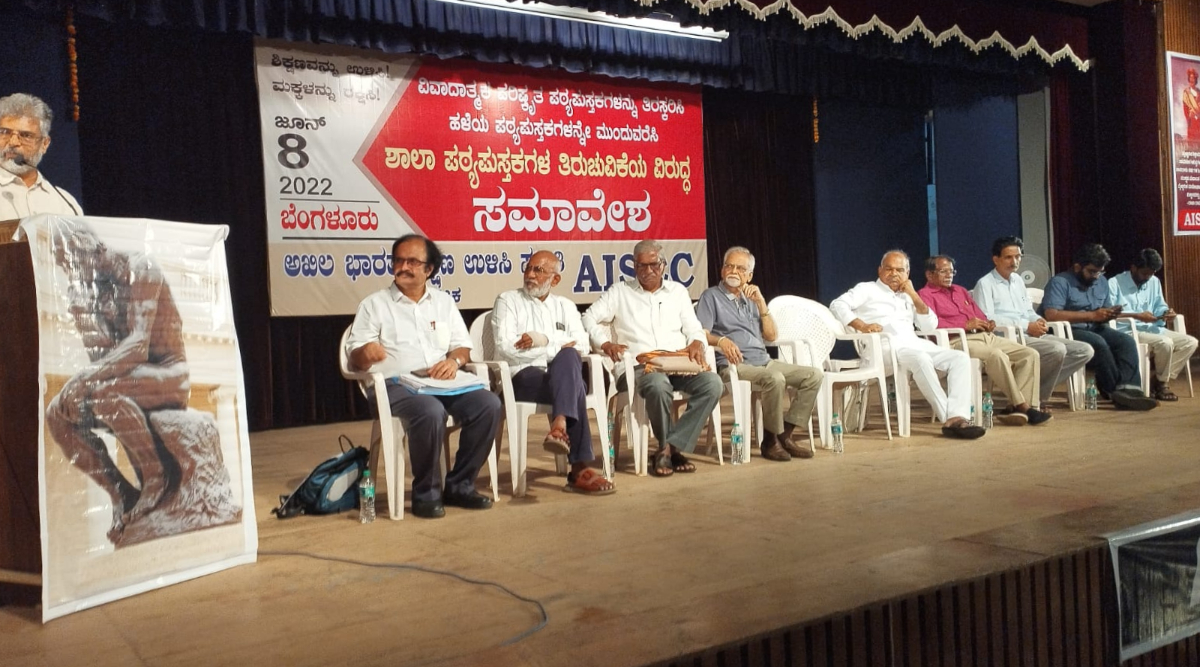With 25 bestselling novels and a Presidential Medal of Freedom, it’s no secret that Isabel Allende is a literary tour de force. Her latest work, “Violeta,” gives her fans many of the hallmarks they’ve come to expect from the author: harrowing yet honest descriptions of the Pinochet regime and complex, intertwined, endlessly interesting family dynamics. But that’s just the problem. Allende’s prolific abilities become repetitive in “Violeta,” ultimately producing a book that gets lost in monotonous historical scenes and rotating characters, and doesn’t stand out in any specific way.
“Violeta” is a bildungsroman that follows the life of its eponymous character from birth to impending death, a span of 100 years. Violeta lives a completely whirlwind life. She marries three different men, experiences the rise and fall of Chilean President Salvador Allende (Isabel Allende’s own godfather), the ensuing military junta and its aftermath, and raises two children to adulthood. She also starts a housing materials empire and lives a life of adventure and intrigue until she predicts she will die in 2020.
The challenge with a story that follows a character through so many years is that the plot is necessarily as meandering as a lifetime. There is no climax or rhythmic flow to the story, just milestones in a long series of episodes. On top of that, the story is written as a tale that Violeta tells to Camilo, her grandson and her adopted son. The plot composed as life and the feedback loop created by the structure of the main character as narrator give the story a didactic vibe. Violeta seems to edit herself, inserting pithy aphorisms and advice rather than lush description. This heavy “telling” and light “showing” style becomes exhausting as the reader literally endures a hundred years of Violeta’s thoughts.
Much of the buzz surrounding this book was due to it being one of the first books written during the coronavirus pandemic to include it as a historical event. This advance is somewhat misleading, as Covid-19 only appears at the very end of the story as a neat bookend to Violeta’s childhood in the aftermath of the Spanish flu epidemic of the early 1920s. During her lifetime, Violeta experiences many significant political and historical events, including pandemics, wars, and natural disasters. Ultimately, however, the mix of historical evidence and personal anecdote is grossly mixed, resulting in the narrative fundamentally lacking cohesion.
In the acknowledgments section of “Violeta”, Allende references Wikipedia as an invaluable source. The problem is that “Violeta” sometimes reads like an embellished Wikipedia page, taking well-known scenes from Chilean history and inserting random personal details that could plausibly be attributed to one of the many characters in this novel. For example, Violeta hears about a neighbor being abused by her husband and creates an entire foundation to support survivors of abuse which becomes nationally recognized. The reader never knows why Violeta is so moved by this neighbor’s story, or how she created an entire foundation, and her apparent life’s work takes no more than a secondary role in the overall narrative. The episode seems to exist only for Allende to conveniently comment on bureaucratic corruption in Chile after Pinochet. Or when Violeta’s daughter Nieves becomes embroiled in drugs and sex trafficking in Las Vegas, it feels more like a crude attempt to set the timeline in the 1970s than a meaningful plot development.
It’s hard to categorize ‘Violeta’ because, like much of Allende’s work, the scope is staggering. Covering an entire life in 319 pages is a big undertaking. Violeta herself also escapes definition. From a bubbly child to a wise grandmother, the reader watches her evolve over the decades. Allende is unafraid of life’s most difficult times, such as when Violeta experiences multiple family tragedies, and is liberal in her depiction of more private times. Violeta is a sexual woman well into her old age, which is refreshing and empowering, but Allende’s liberalism can be contradictory and problematic. When Violeta talks about her sexuality, it is above all to explain her link with the current man in her life; she only feels beautiful if a man wants her. The story’s token queer couple, Josephine Taylor and Teresa Rivas, seem to exist simply to please audiences in 2022 rather than as a worthwhile story in their own right. Don’t get me wrong, fiction written in 2022 doesn’t have to be “liberal” or have a certain representation or morals or anything like that to be valid. But sometimes “Violeta” seems too preoccupied with appealing to a certain audience rather than telling a cohesive story.
All in all, “Violeta” is an impressive undertaking that packs a century of history into a relatively thin romance. However, a lack of narrative flow and its rote similarity to Allende’s other more complicated works make this book a step below the masterful literary fiction that made her famous.
 Zoo Book Sales
Zoo Book Sales



